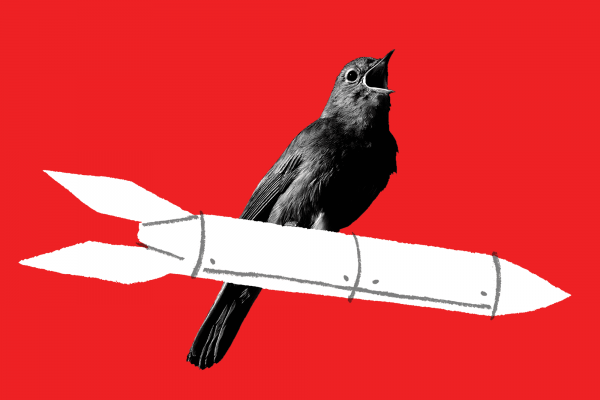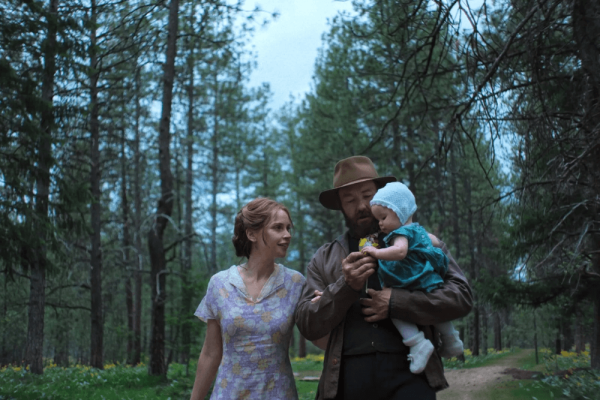THE RUSSIAN BEAR has once again swatted the Ukrainian nightingale.
In response to Russian President Vladimir Putin’s bloody adventurism in Ukraine, thousands of Russians defied harsh anti-protest laws to hold anti-war demonstrations. Even before rockets exploded over Kyiv, his pro-Kremlin proxies took over eastern Donbas in 2014, killing 13,000 people, a quarter of them civilians, and displacing more than 850,000. Human rights abuses in the breakaway regions skyrocketed. There is no free and independent media. Journalists are targeted. Religious persecution against Catholics, Protestants, Jews, Muslims, and other religious minorities is constant and harsh. Both Ukrainian and pro-Russia armed groups detained hundreds of civilians charged with “espionage” and held them in undisclosed locations, often subjecting them to torture. The slow unraveling of the fragile ceasefire brokered in 2020, in addition to COVID-19 restrictions, left Ukrainians gasping and afraid.
Churches too are caught in the literal crossfire as well as the crossfire of contested histories. As the hot war started, Valery Antonyuk, head of the All-Ukrainian Union of Evangelical Baptist Churches, called on all congregations to prepare to open their churches to the displaced. “Our churches must become centers of service to our people in times of adversity,” he said, emphasizing that his pastors were not leaving.
Orthodox churches in the region are especially vulnerable to partisan politics. In Ukraine, there are competing claims between the two Orthodox patriarchates. The older and larger is the Ukrainian Orthodox Church under the Moscow Patriarchate. The Russian Orthodox Church has long been aligned with the Russian state and too rarely its conscience. However, the leader of the Ukrainian branch bravely appealed to Russia’s leadership, saying “Such a war is not justified either by God or by people.” The newer and more fragile is the Orthodox Church of Ukraine, which marked its independence from Moscow in 2018, swiftly followed by Ecumenical Patriarch Bartholomew welcoming the Orthodox Church of Ukraine into the worldwide communion of Orthodox churches. The new leader, 43-year-old Metropolitan Epifaniy, released a prayer at the outbreak of the Russian attack saying, “War is a great evil that goes against God’s intention of creation.”
Wars are fought on blood and treasure. Putin can only fund his war because 40 percent of his economy is floated by fossil fuel exports. He also controls the chokepoint of natural gas to western Europe. Peace may require a rapid and massive scale-up of renewable energy—especially in the United States and Europe, as Germany is implementing. Such action, said climate leader Bill McKibben, “dramatically reduces the power of autocrats, dictators, and thugs.” With guidance from Patriarch Bartholomew, “the Green Patriarch,” who strongly condemned the Russian attack, the Orthodox Church of Ukraine could emerge as an advocate for God’s creation and renewable energy as a sign of Ukrainian resilience, independence, and national pride. But first, the Putin bear must be pushed out of arm’s reach—both by undermining his support at home and brave civil defense by Ukrainians.
St. Basil of Caesarea wrote, “Nothing is so characteristically Christian as being a peacemaker.” Around the world we pray to hear the nightingale sing again.

Got something to say about what you're reading? We value your feedback!







